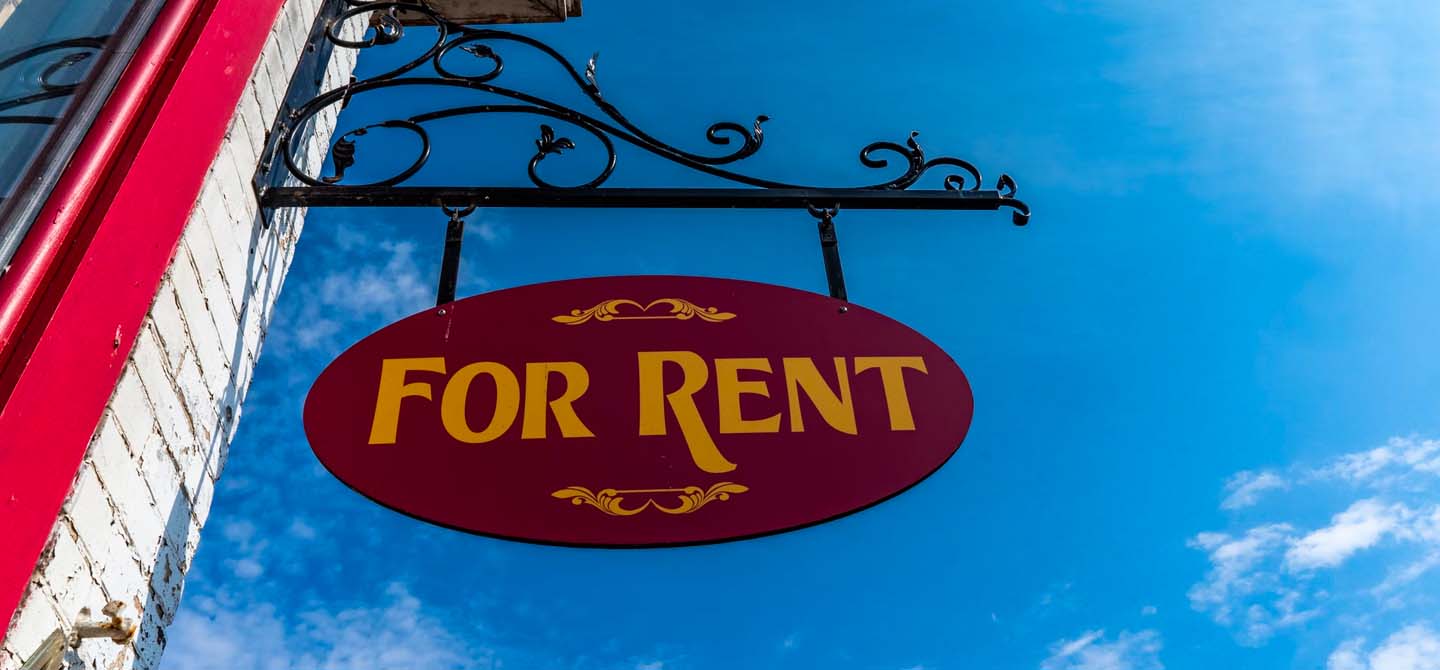An agreement for lease is a contract outlining the rights and obligations of a tenant or landlord, where the landlord has agreed to grant a lease on a specified future date.
An agreement for lease is commonly required when certain conditions must be fulfilled prior to a lease being provided.
This may include works or fit out, renovation or development of the building, or where the premises is being built to a tenant’s specific purpose. Tenants may also draft an agreement for lease to secure a premises which the previous tenant still occupies.
A contract in place will ensure the tenant and landlord will uphold their obligations and enter into a lease at a future date. Any party which is in breach may be liable for any losses incurred.
Common provisions to include
Fit out works
An agreement for lease should outline the extent of works to be completed and clarify which works are carried out by either the tenant or landlord.
It is important for tenants to take into account the commencement date of the lease if they are responsible for completing any fit out works.
Tenants may be obliged to commence paying rent prior to operating their business if works are delayed till after the commencement date.
Sunset Date
A sunset clause allows either party to terminate the agreement for lease where the premises is not suitable for occupation by a specified date.
Where specific conditions are not met tenants will have the opportunity to find alternative premises and potentially prevent delays.
A sunset clause should also include a buffer period to allow for delays arising from external factors outside of the landlord’s control such as extreme weather conditions.
Consents
If a tenant seeks to use the premises for a different purpose they may be required to seek consents from the council or another third party authority.
Businesses which require consent to operate commonly include childcare centres or liquor licensed premises.
It is crucial that the lease is subject to obtaining such consents, irrespective of whether the landlord or tenant is responsible. However, it is important for an agreement for lease to specify which party is responsible for acquiring consents.
Incentives
In commercial leases it is common for landlords to offer ‘incentives’ to a tenant.
Incentives may be included in an agreement for lease which is created for other reasons such as ‘fit out’ or ‘consents’.
Common incentives include:
- Rent-free periods;
- Reduced rent over the term;
- Contribution to the tenant’s fit out; or
- Contribution to the tenant’s removal expenses.
It is important to consider the form of incentive and any provisions limiting the payment of the incentive.
Making sure you understand the terms of the lease before signing
It is beneficial to have a copy of the lease attached to the agreement for lease to ensure you have a clear understanding of the agreed terms.
It is critical to understand the terms of the lease and agreement for lease before entering a legally binding contract.
If you wish to speak to a lawyer to seek specialised assistance with drafting or reviewing an agreement for lease, please contact OpenLegal by filling in the form on this page or calling 1300 337 997.







